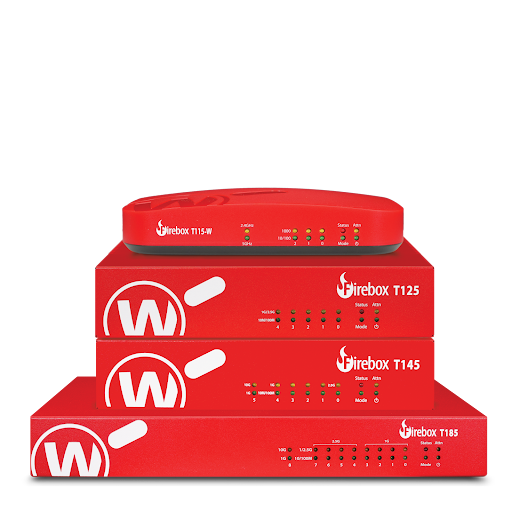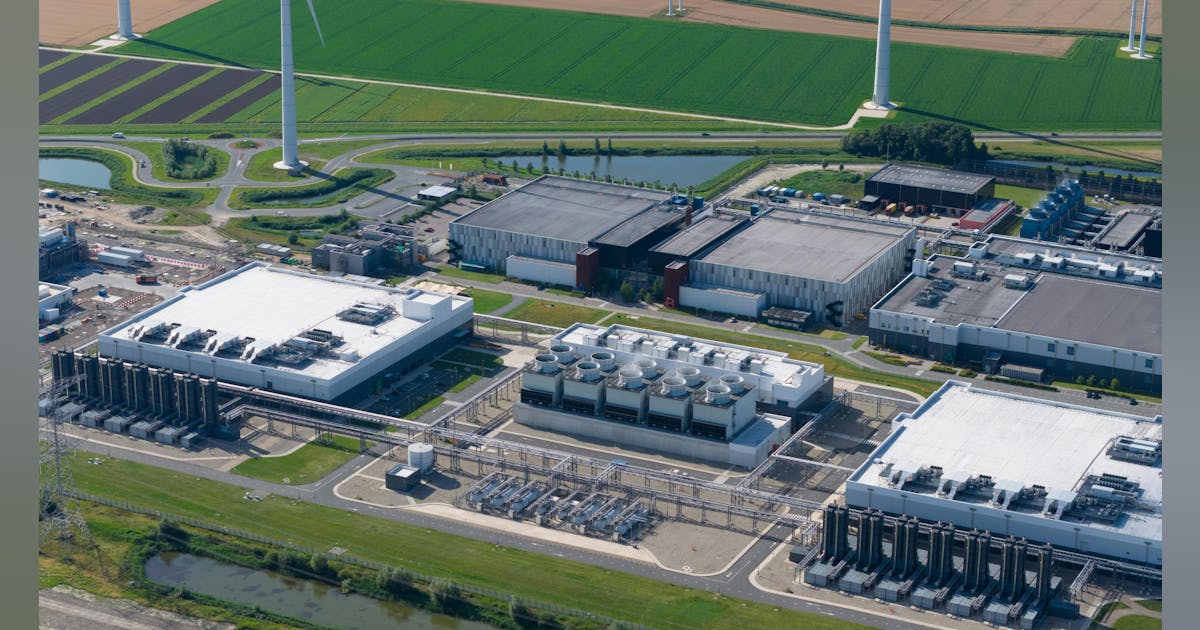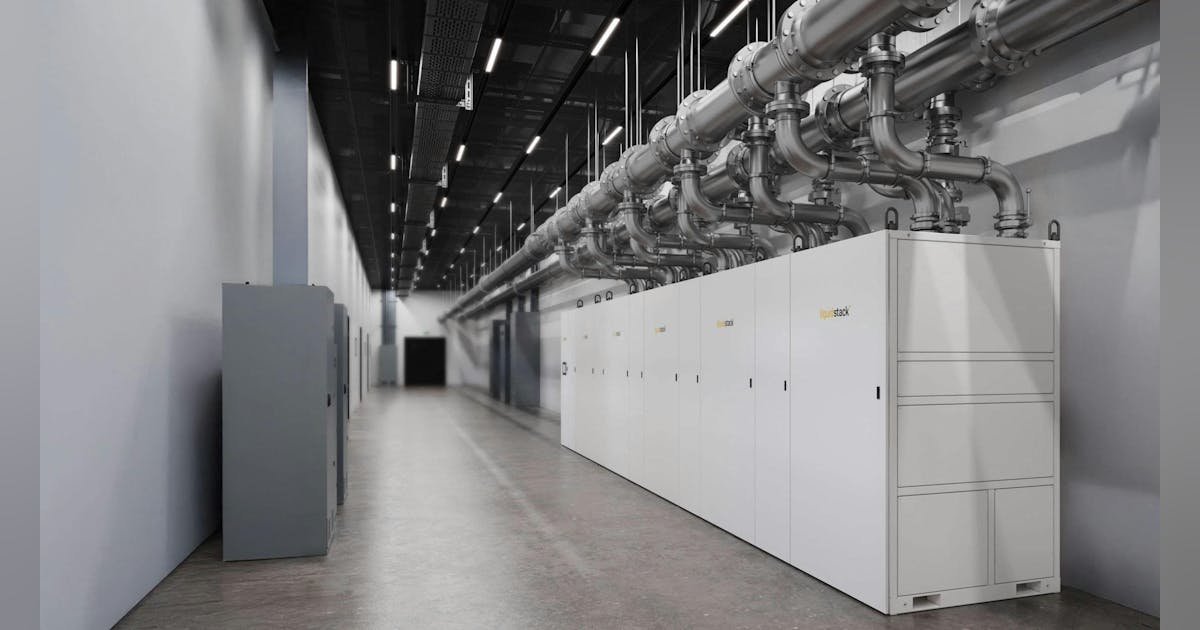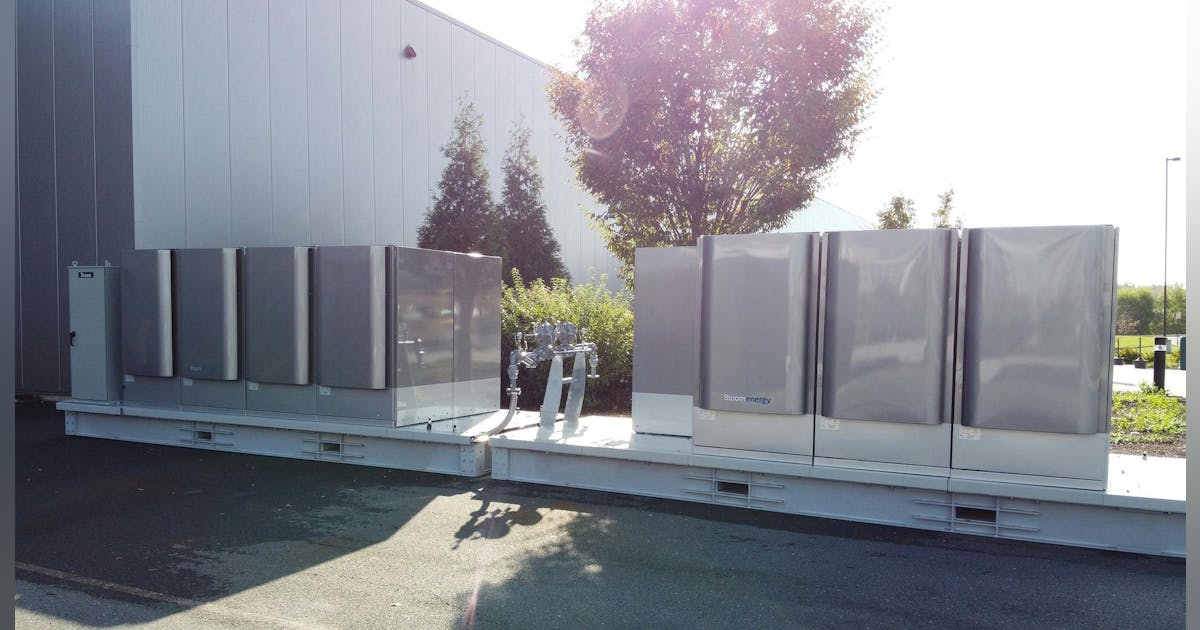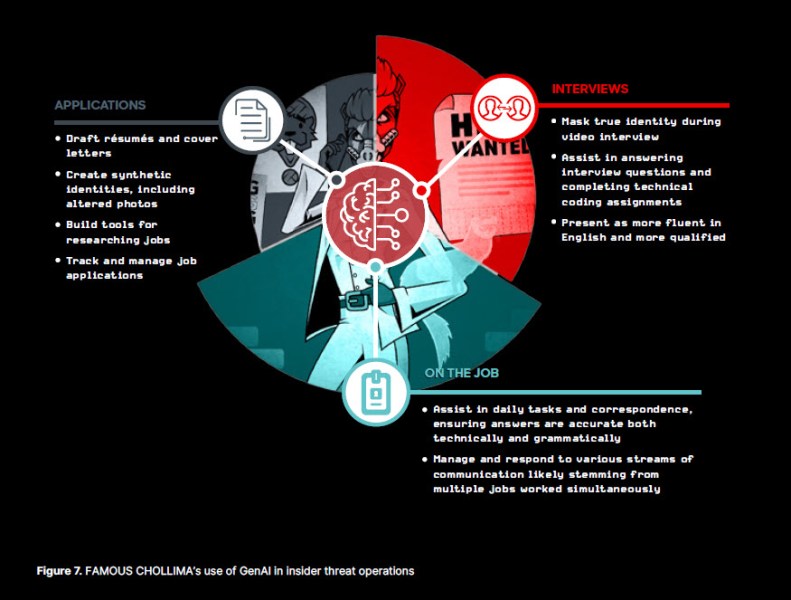
Janell Hills-Thomas is senior director for equitable workforce strategies at the Interstate Renewable Energy Council and Courtney Haynes is chief engagement officer at Opportunity@Work.
Amid political turbulence and an uncertain policy future, the clean and renewable energy sector continues to grow, spurred on by public demand for low-cost and reliable technologies to power their homes and vehicles. That would be good news — except that businesses across the industry face ongoing challenges finding enough qualified workers.
Despite the industry’s growth, businesses often struggle to find trained professionals across roles ranging from installers and electricians to positions in engineering, project management and operations. While the career opportunities are plentiful, many potential candidates remain unaware of the high-quality jobs and routes to advancement in the clean energy industries.
In the solar industry, for example, an overwhelming majority of employers say they face shortages of qualified workers to meet the demand for new installations. “It really does keep me up sometimes,” said one participant in the National Solar Jobs Census survey. “How are we going to build all these projects? Because there’s just not enough people.” In the energy efficiency sector, which employs 2.3 million people, most employers also report difficulty meeting their hiring needs.
These challenges have taken on new urgency as we seek to ramp up deployment of clean energy solutions at an unprecedented scale. To find a path forward, we’ve engaged in discussions with hundreds of employers and educators through forums like the National Clean Energy Workforce Alliance. As a result of these convenings, here are a few key strategies we’ve identified to help employers fill job openings with qualified talent.
Form strategic partnerships with educators
Businesses can form partnerships with community colleges, other training providers and community-based organizations in the regions where they seek to hire. Developing long-term alliances with educators will help meet recruitment needs and align training programs and curricula with the demands of the marketplace.
Such work can be labor-intensive, but fortunately employers don’t have to do this alone. At the Interstate Renewable Energy Council, we launched the Green Workforce Connect platform to help align the needs of job seekers, educators and employers. Job candidates can use the platform to learn about careers in the industry and connect with employers and training providers to match their skills and interests.
Create Registered Apprenticeship programs
An apprenticeship combines on-the-job experience with technical instruction, allowing apprentices to earn a salary and gain valuable skills as they work toward a nationally recognized credential. For clean energy companies, Registered Apprenticeships are a proven way to improve employee retention and develop a skilled workforce. They can be used to train employees for a wide variety of positions, ranging from construction to project management, IT, human resources and sales. For example, the solar company ReVision Energy leads an apprenticeship program focused on training managers.
Reconsider credential requirements
Many clean energy jobs (including more than half of the jobs in the solar industry) do not require a bachelor’s degree. Too often, however, hiring managers rely on proxies like four-year degrees, instead of recognizing the skills that so many workers in the energy industry already bring to the table. Consider how many roles like project manager or site supervisor require a college degree — despite the fact that so many workers with the skills and experience to do those jobs are stuck just one rung below because they don’t have the right credential.
There are 70 million U.S. workers — half of the country’s workforce — who are Skilled Through Alternative Routes rather than through a bachelor’s degree, such as through community college, military service or on-the-job training. Many of these STARs already have the skills to succeed in energy jobs, and in many cases, they are already working in the industry.
The success of STARs in energy-related fields is already evident across the sector. “Advancing from an HVAC Controls Technician to a Regional Service Leader has been a journey fueled by skills and performance rather than formal credentials,” says Cale Simmons, technician productivity leader at Trane Technologies. “My electronics background from the Navy, combined with hands-on learning and great mentors, allowed me to excel quickly. In the commercial HVAC industry, a strong desire to learn can be as valuable as a formal degree. Companies benefit immensely when they focus on what people can do rather than where they went to school.” Simmons represents millions of veterans and other STARs who bring critical technical skills to energy infrastructure roles.
Moving the work forward
Companies can tap into this talent potential by considering new approaches for how they look for workers, how they assess their skills and what barriers they can remove to create more accessible pathways into the industry. Workforce organizations and community groups can help advance a skills-first agenda that doesn’t just recognize STARs’ potential, but actually makes concrete changes to redesign talent practices and recruitment around skills instead of degrees.
Workers develop transferable skills not just through formal education but through years of hands-on experience. Skills like problem-solving, technical know-how, equipment operation and systems maintenance are part of the job for early-career workers in the energy industry. To meet their talent needs and address workforce shortages more effectively, businesses have both an opportunity and a responsibility to recognize and take advantage of these capabilities, expanding their view of where qualified talent comes from.
The clean energy transition depends on a workforce that can sustain it. To meet the hiring challenges, employers will benefit from looking beyond the next position to fill and working toward a strategic, industry-wide vision for attracting talent. Achieving this will not only help companies succeed, but also give more people the opportunity to pursue fulfilling careers in clean energy.


